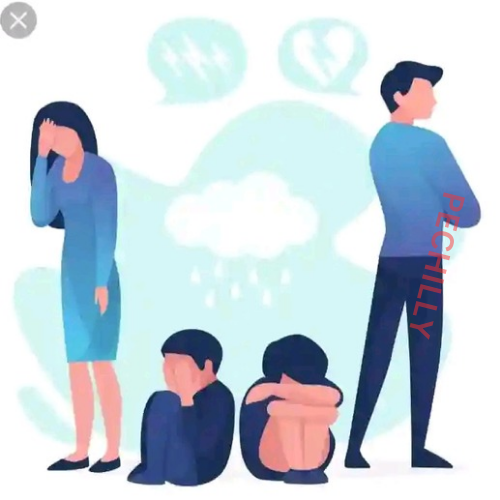By Karen James
In today’s society, we are witnessing an alarming trend of homes facing serious issues and breakups at an increasing rate. The sanctity of the family unit, which is the foundation of society, is being challenged by various factors that are causing rifts and fractures within households. Understanding the root causes of these issues is crucial in order to address them effectively and work towards building stronger families and communities.
One of the primary reasons for the rising rate of home breakups is the breakdown of communication within families. In a fast-paced world filled with distractions such as technology and social media, meaningful communication between family members is often neglected. Misunderstandings, lack of empathy, and unresolved conflicts can all lead to tension and ultimately result in a breakdown of the family unit.
Another significant factor contributing to home issues is financial stress. Economic pressures, job insecurity, and mounting debt can all take a toll on families, leading to arguments, stress, and a strained relationship between spouses. Financial difficulties can also impact children, causing anxiety and instability within the home environment.
Moreover, changes in societal norms and values have also played a role in the breakdown of homes. With shifting attitudes towards marriage, divorce, and gender roles, families are facing new challenges in navigating these changes. Traditional support systems such as extended family networks and community ties may also be eroding, leaving families feeling isolated and without a strong support system.
Additionally, mental health issues such as depression, anxiety, and substance abuse can significantly impact family dynamics and lead to breakdowns. When one or more family members are struggling with mental health issues, it can put a strain on the entire household, leading to conflicts and breakdowns in communication.
Furthermore, lack of work-life balance and time constraints can also contribute to home issues. With the demands of work, school, extracurricular activities, and other commitments, families may struggle to find quality time to spend together, leading to feelings of disconnect and isolation.
In order to address these issues and prevent further home breakups in society, it is crucial for families to prioritize communication, empathy, and understanding. Seeking professional help such as therapy or counseling can also be beneficial in resolving conflicts and strengthening relationships. Building a strong support network of friends, family, and community resources can provide much-needed support during difficult times.
Ultimately, by addressing the root causes of home breakups and working towards building stronger, more resilient families, we can create a healthier and more stable society for future generations. It is essential for individuals, communities, and policymakers to come together to support and strengthen families, as they are the cornerstone of a thriving society.

